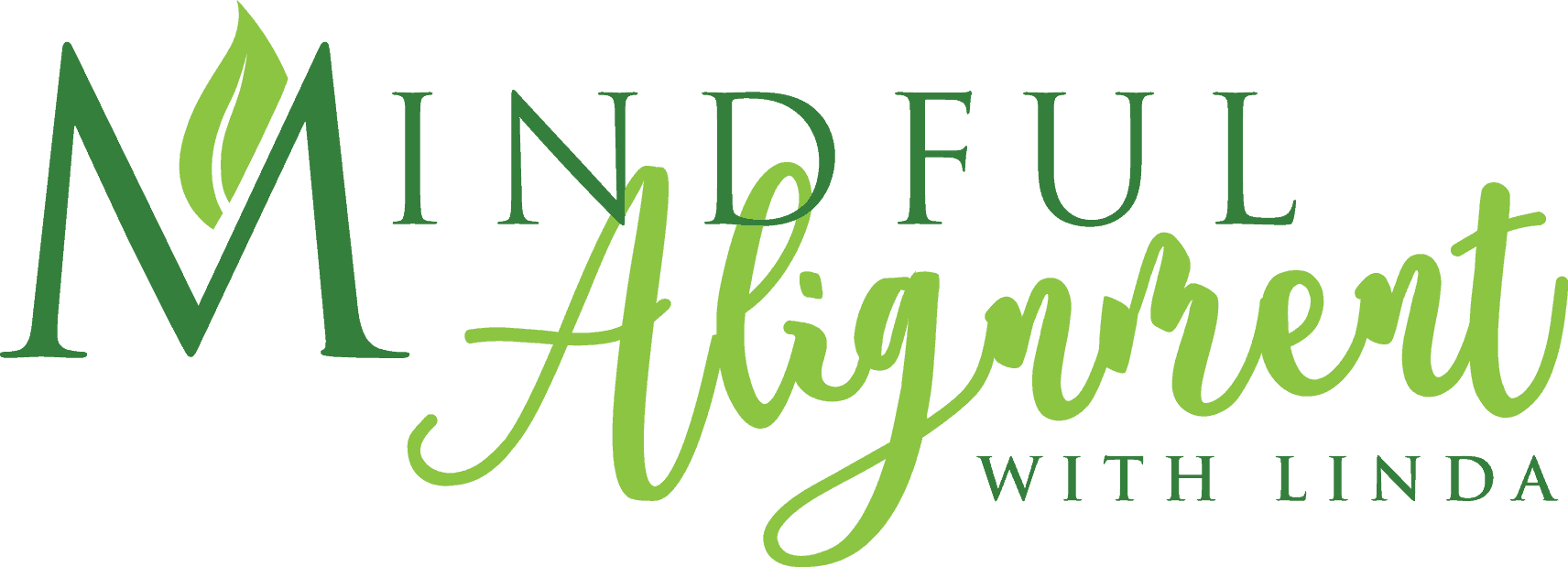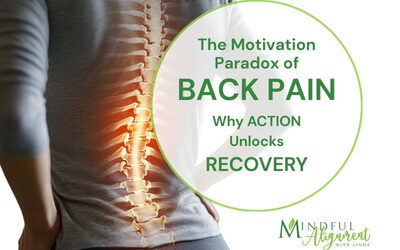You Are What You Eat
… And then some
Food is medicine
You might have heard the expression that exercise is medicine. Doctors and scientists have now stated that food is medicine. What you eat not only affects how you feel but your overall health, sometimes triggering inflammation, pain, brain fog, and energy and mood changes.
Last spring, two of my clients reported health challenges after the Easter / Passover weekend. Both clients reported being so stiff that they could not get out of bed the next day. Also, their pain increased, and both experienced mental fog. What you eat affects your health. I asked, “Did you consume something that you normally don’t eat or in quantities that you normally wouldn’t? Did you later eat the same food as leftovers?”
Consider this:
The traditional Easter meal contains ham with too much salt and many preservatives. Sugar, salt, and fat are ingredients in many of the spring holiday foods. I remember a family member that prepared “Pineapple Dressing” for Easter. It consisted of pineapple, eggs, lots of butter and sugar, and white bread cubes, all baked together. It was delicious with ham. It is also a recipe for spiking one’s cholesterol. Looking back on it, I can’t believe we ate that. However, we know so much more now.
Passover meals include matzo soup, with main ingredients of flour and chicken broth. Research shows that organic chicken broth contains lead levels that exceed the safety limit per one-cup serving by more than 400%. If the organic chicken broth has lead, how much lead does the non-organic chicken broth contain? The Passover meal has foods that contain salt, sugar, and fat, as well.
Everything in moderation
The above-mentioned foods are not the best ones to eat daily or weekly. But if you are eating a significant amount in 1-day and then eating the leftovers, you might ask yourself how does that affect your health and well-being? If you, like these two individuals mentioned previously, feel a significant difference in your health after a holiday event, then you need to examine the ingredients in what you ate.
I am not suggesting that you skip the holidays or that you eat broccoli the entire time. There are steps that you can take to limit the effects of parties and family gatherings. Planning will make the holidays easier.
Here are some suggestions:
- Limit the foods that you usually don’t eat. Eat some healthy food before going to an event, so you don’t arrive hungry. Balance out the party food by consuming more healthy food at other meals.
- Continue taking your usual vitamins and mineral supplements that your doctor recommended. Consider taking some probiotics either in supplements or eat yogurt. Add turmeric to your food to resist inflammation.
- Get enough sleep. Dr. Deepak Chopra suggests that sleeping from 10 pm to 6 am is in tune with the body’s circadian rhythms, the sleep-wake cycle. We are programmed to go to bed when it’s dark and get up when it’s light. Our bodies function better that way. Getting enough rest gives us energy and more patience to deal with the holiday stresses.
- Block out time on your calendar for yourself – – pencil in time for exercise and quiet time to meditate. Sticking to your self-care routine will help get you through this hectic time. Many people who deviate from their usual schedule find it challenging to return to their regular routine after the holiday season. Sticking to your exercise routine makes it easier to get back to normal.
- Start your day with “gratitude.” Include things that make you happy. It can be something small, like displaying your favorite decorations or taking time to enjoy your favorite tea.
- Finally, enjoy sharing the time with family and friends.
Your number one priority is to take care of yourself. Remember, food is medicine, and “you are what you eat.”
If you would like help on your wellness journey, schedule a private consultation.
Related Articles:
Beyond Calcium: The Power of Yoga for Bone Health
Discover how yoga supports bone health and osteoporosis prevention. Learn science-backed poses that strengthen your skeleton and reduce fracture risk.
The Motivation Paradox: Action is the Catalyst for Healing Back Pain
Discover the Motivation Paradox of Back Pain—why waiting for motivation keeps you stuck and how action is the true catalyst for healing. Learn science-backed strategies to break the pain cycle and reclaim mobility.
Transform Back Pain Anxiety: From Uncertainty to Empowerment
Discover how to navigate pain anxiety with empowerment. Embrace uncertainty and reclaim your healing journey through mindfulness and resilience.
Transforming Your Relationship with Back Pain: A Mindset Revolution
Back pain is more than a physical challenge—it's a profound psychological journey. The real battle isn't just in your muscles and joints, but in your mind. Your thoughts can either be a prison or a pathway to healing. Reframing Your Inner Narrative When chronic pain...




